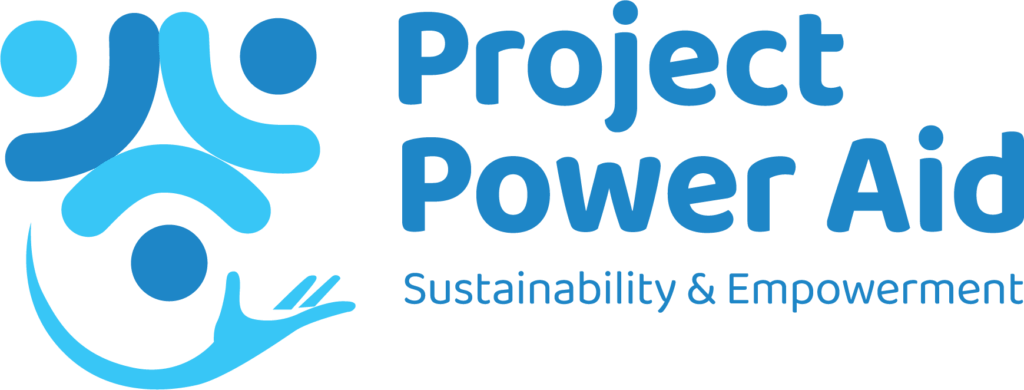The Genesis of Project Power Aid
In October 2021, Project Power Aid was conceived, driven by the founder’s personal experiences navigating healthcare systems in both Ghana and the United Kingdom. This journey began with the founder’s early life in Ghana, where access to quality healthcare was often limited and inconsistent. Growing up, the founder witnessed firsthand the systemic challenges that plagued the healthcare sector—ranging from inadequate medical supplies to the scarcity of trained healthcare professionals.
Years later, after moving to the United Kingdom for further education and professional opportunities, the founder experienced a stark contrast in healthcare provision. The UK’s well-structured healthcare system, characterized by its accessibility, advanced medical technologies, and highly trained staff, highlighted the disparities that existed between the two countries. This juxtaposition was not only eye-opening but also deeply unsettling.
A pivotal moment came during a visit back to Ghana. While attending to a family member who had fallen ill, the founder was struck by the glaring inadequacies in the healthcare infrastructure. The absence of essential medical equipment, the prolonged waiting times, and the limited availability of specialized care underscored the urgent need for intervention. It was during this time that the founder had a moment of profound realization: the healthcare system in Ghana required not just temporary aid but sustainable, transformative change.
These experiences culminated in the creation of Project Power Aid. The founder was determined to bridge the gap between the healthcare realities of Ghana and those of more developed nations. With a vision to provide comprehensive support, Project Power Aid aimed to enhance healthcare delivery through the provision of medical supplies, training for healthcare workers, and the implementation of community health initiatives.
The genesis of Project Power Aid is thus a story of personal awakening and a commitment to addressing the healthcare disparities that the founder could no longer ignore. It is a testament to the belief that access to quality healthcare should be a universal right, not a privilege reserved for those in developed nations.
Mission and Impact of Project Power Aid
Project Power Aid was founded with a clear mission: to improve healthcare access and quality in underserved communities in Ghana. This initiative seeks to address the critical healthcare disparities that persist in various regions, focusing on providing sustainable solutions that empower local communities. The core objectives of Project Power Aid include enhancing healthcare infrastructure, promoting health education, and ensuring the availability of essential medical services and supplies.
Since its inception, Project Power Aid has implemented a series of impactful programs designed to meet these objectives. One notable project is the Mobile Health Clinics initiative, which deploys medical professionals to remote areas, offering free consultations, diagnostics, and treatments. This program has significantly reduced the burden on local healthcare facilities and has ensured that thousands of individuals receive timely medical attention.
Another key effort is the Health Education Outreach program. This initiative focuses on raising awareness about preventive healthcare measures, hygiene practices, and disease management. By conducting workshops and distributing educational materials, Project Power Aid has empowered communities with the knowledge to take proactive steps towards better health.
Project Power Aid’s success is largely attributed to its strategic partnerships with both local and international organizations. Collaborating with entities such as the Ghana Health Service and various NGOs, the initiative has been able to pool resources, expertise, and networks to amplify its impact. Additionally, engaging with community leaders and volunteers has fostered a sense of ownership and sustainability within the beneficiary communities.
Capacity-building efforts have also been a cornerstone of Project Power Aid’s strategy. By training local healthcare workers and equipping them with the necessary skills and tools, the initiative ensures that the benefits of its programs are long-lasting. This approach not only improves the quality of healthcare services but also strengthens the overall healthcare system in the region.
Stories of transformation are abundant. For instance, in the village of Asuom, the Mobile Health Clinics identified and treated cases of malaria and other infectious diseases that were previously undiagnosed due to lack of access. In another example, the Health Education Outreach program in the town of Keta led to a significant reduction in waterborne diseases after residents adopted improved sanitation practices. These stories highlight the profound impact that compassionate healthcare interventions can have on individual lives and entire communities.
Through a combination of targeted programs, strategic partnerships, and community engagement, Project Power Aid continues to bridge healthcare gaps in Ghana, fostering healthier and more resilient communities.

Project Power Aid is a leading force in healthcare empowerment, championing sustainable solutions and community-driven initiatives to create a healthier, more equitable world.
- Choose your favourite cause
- Register as a partner
- Donate the amount you like
- Stay tuned about our causes






Leave a Reply